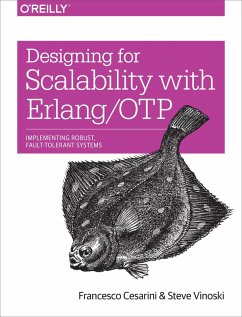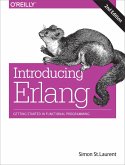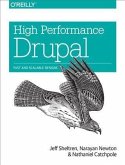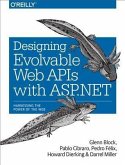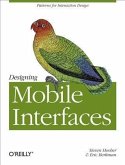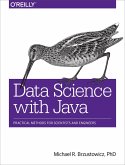If you need to build a scalable, fault tolerant system with requirements for high availability, discover why the Erlang/OTP platform stands out for the breadth, depth, and consistency of its features. This hands-on guide demonstrates how to use the Erlang programming language and its OTP framework of reusable libraries, tools, and design principles to develop complex commercial-grade systems that simply cannot fail.In the first part of the book, youll learn how to design and implement process behaviors and supervision trees with Erlang/OTP, and bundle them into standalone nodes. The second part addresses reliability, scalability, and high availability in your overall system design. If youre familiar with Erlang, this book will help you understand the design choices and trade-offs necessary to keep your system running.Explore OTPs building blocks: the Erlang language, tools and libraries collection, and its abstract principles and design rulesDive into the fundamentals of OTP reusable frameworks: the Erlang process structures OTP uses for behaviorsUnderstand how OTP behaviors support client-server structures, finite state machine patterns, event handling, and runtime/code integrationWrite your own behaviors and special processesUse OTPs tools, techniques, and architectures to handle deployment, monitoring, and operations
Dieser Download kann aus rechtlichen Gründen nur mit Rechnungsadresse in A, B, BG, CY, CZ, D, DK, EW, E, FIN, F, GR, HR, H, IRL, I, LT, L, LR, M, NL, PL, P, R, S, SLO, SK ausgeliefert werden.

